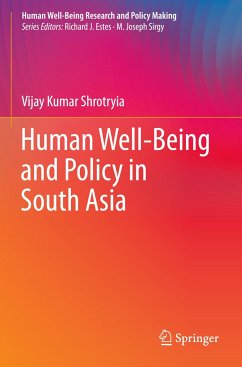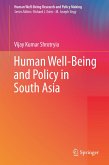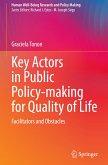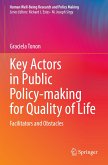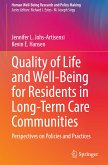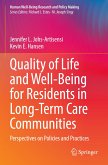This book explores human well-being in South Asia from a policy dimension. It discusses the cultural history and diversity of the region in order to highlight major priority areas of public policy to improve people's quality of life. The huge gap between economic development and human development, in areas such as education, health and income, is a concern for policymakers, researchers and other stakeholders. The book helps develop a strong argument for a shift of focus of state's expenditures aimed at improving human well-being, and assesses public policy initiatives from the perspectives of the stakeholders such as the state, the market, households, civil society as well as NGOs and agencies involved in this development mission. As such it is of great interest to scholars in the field of quality-of-life and well-being research and policymakers at national and international level.
Bitte wählen Sie Ihr Anliegen aus.
Rechnungen
Retourenschein anfordern
Bestellstatus
Storno

